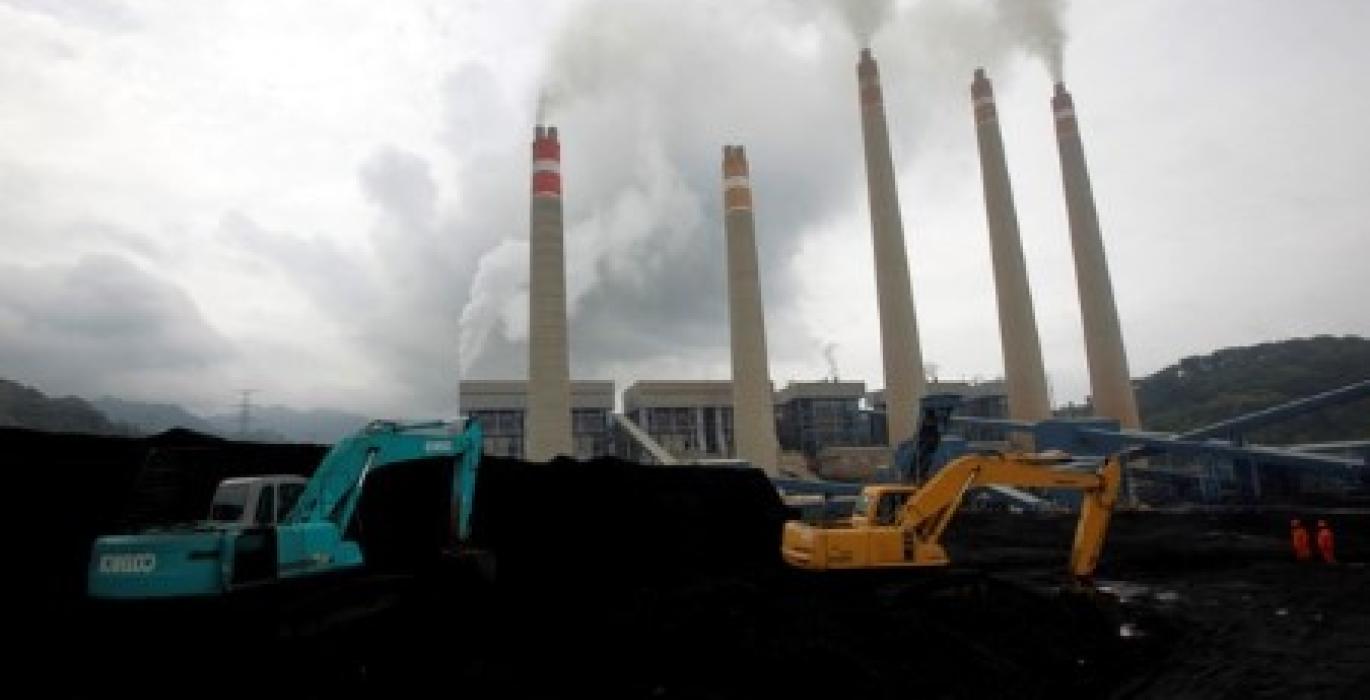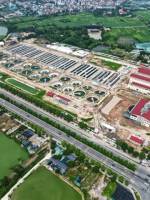
Indonesia launched a green investment rule book, categorising coal-fired power plants used in nickel facilities as part of the global transition to a green economy on February 20.
The new taxonomy was a revision to a 2022 document, defining what is considered a sustainable investment in support of Indonesia’s pledge to achieve net-zero emissions by 2060.
It uses the traffic light system, under which sectors labelled “green” are interpreted as aligned with efforts to meet Indonesia’s climate goals, “amber” for sectors supporting the transition to low carbon economy, and “red” for those that harm the environment.
Under the new document, an investment in coal power plants — off-grid systems developed and managed by industries for their use — is labelled amber as long as it meets certain criteria.
The captive plants must be built before 2031, be shut down before 2050, and commit to cut their green house gas emissions by 35% within 10 years since operation from 2021’s average.
The taxonomy also labelled green investments in early retirement of existing coal power plants, which Indonesia has been trying to do under a G7-led climate funding initiative known as the Just Energy Transition Partnership.
Indonesia is currently the world’s largest exporter of coal and nickel./.
(VNA)




